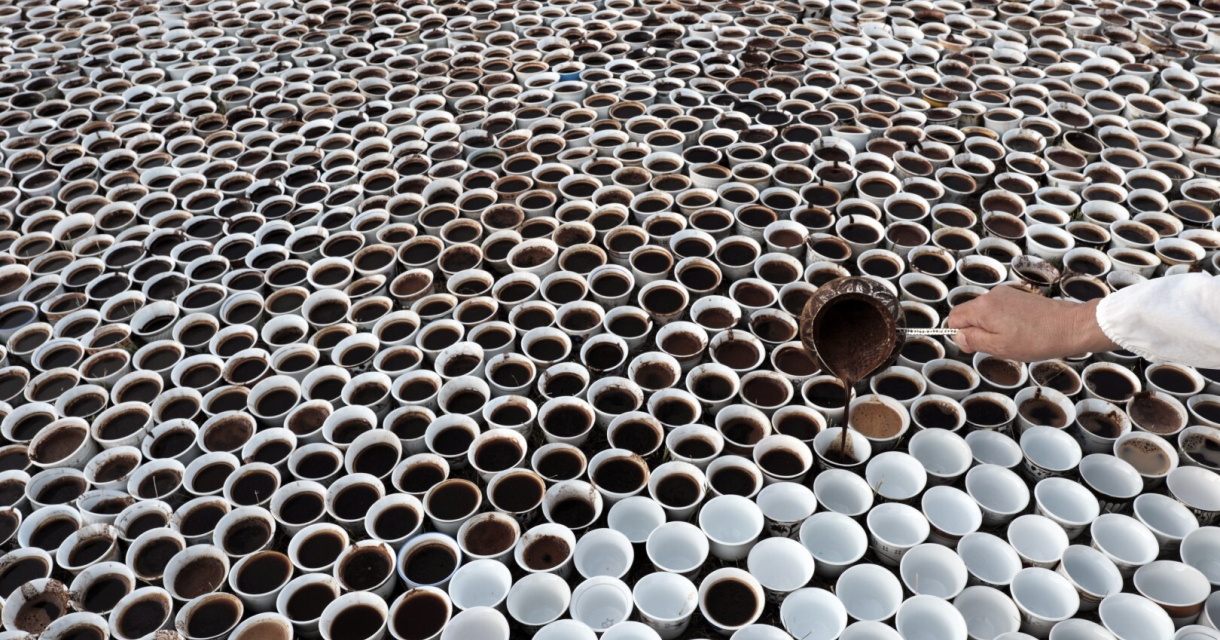Arna Mačkić & Aida Šehović - Cups of Memory
21 Oct - 16 Nov
Exhibition
What atrocities of the past do we commemorate as a society? And how do we, as a community, build a monument to a genocide whose memory some would rather erase? July 11, 2025 will mark exactly 30 years since the genocide in Srebrenica. In the exhibition Cups of Memory , architect Arna Mačkić (Studio L A) and artist Aida Šehović, both survivors of the Bosnian War (1992-1995), redefine memory. In this project, art, shared memory, and shared rituals help not only to look back at the past, but also to confront its long-lasting consequences, which still affect our reality today.
30 years of Srebrenica
On 11 July 1995, a horrific tragedy unfolds in Srebrenica, Bosnia and Herzegovina. The Bosnian Serb army kills more than 8,372 Muslim men and boys. The Dutch UN battalion Dutchbat, assigned to protect them, does not intervene. It is the largest genocide in Europe since World War II. Yet after 30 years, this event has still not entered the Dutch public memory and remains a gap in the national commemoration culture.
Why aren't you here?
The starting point of Cups of Memory - Building monuments through rituals is the art project Što te nema (“Why are you not here?”), a participatory memorial in city squares around the world. Aida Šehović launched the project on 11 July 2006 with a public performance in Sarajevo. For this, a local women's organisation collected the first 923 fildžani, traditional coffee cups. The porcelain cups were placed on the street and then passers-by were invited to fill them with Bosnian coffee, only to leave them untouched. This silent but powerful act of remembrance is repeated every year in squares of cities worldwide: from Geneva to New York and from Istanbul to Toronto. Meanwhile, there is a fildžan for each of the (at least) 8,372 victims. The first 923 are now on display for the first time in the Netherlands.
Reflection and hope
The starting point of Cups of Memory - Building monuments through rituals is the art project Što te nema (“Why are you not here?”), a participatory memorial in city squares around the world. Aida Šehović launched the project on 11 July 2006 with a public performance in Sarajevo. For this, a local women's organisation collected the first 923 fildžani, traditional coffee cups. The porcelain cups were placed on the street and then passers-by were invited to fill them with Bosnian coffee, only to leave them untouched. This silent but powerful act of remembrance is repeated every year in squares of cities worldwide: from Geneva to New York and from Istanbul to Toronto. Meanwhile, there is a fildžan for each of the (at least) 8,372 victims. The first 923 are now on display for the first time in the Netherlands.
